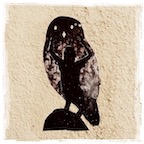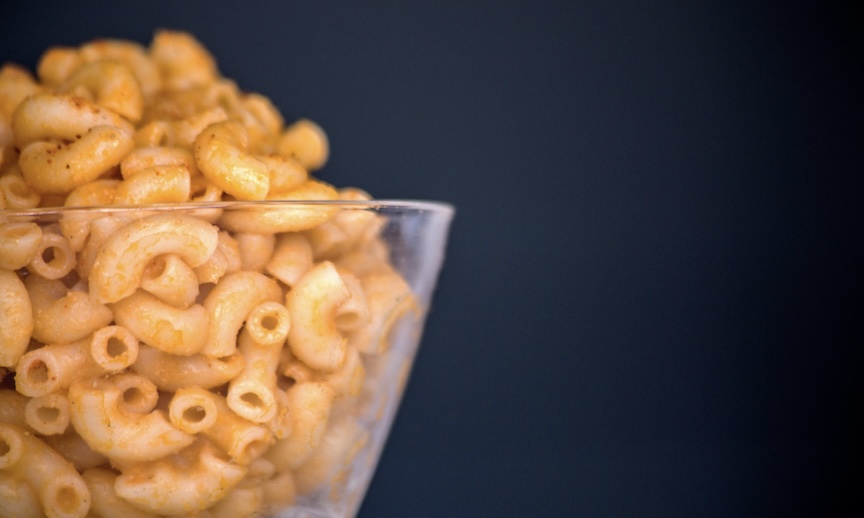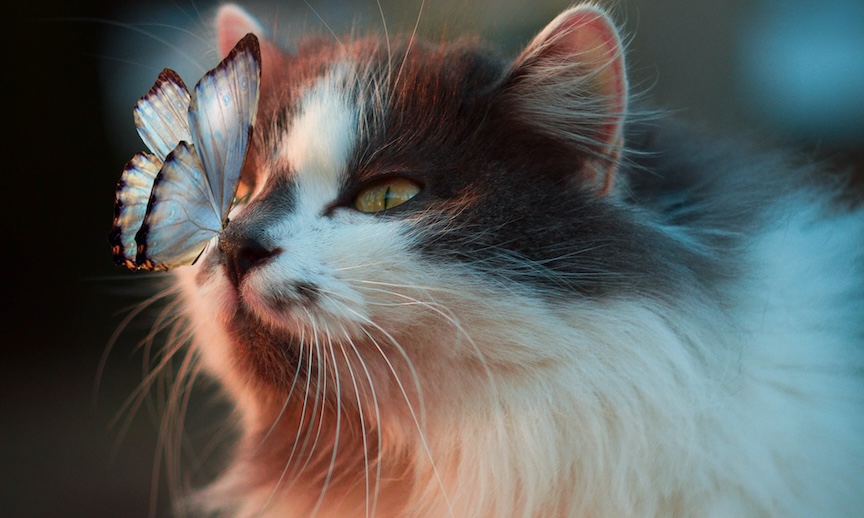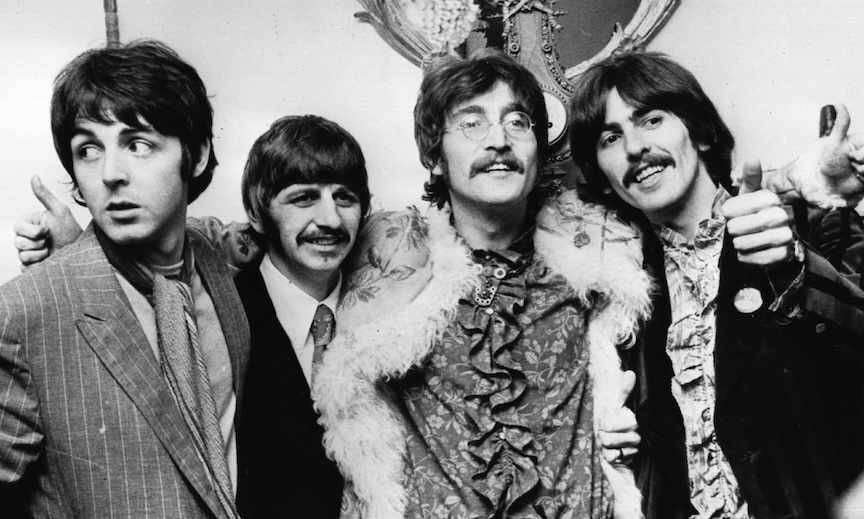CHEESE & MAC
Thanks to the clever (and sometimes surprisingly saucy) Merriam-Webster Instagram account, I learned a linguistic term this week: irreversible binomials.
An irreversible binomial is a pair of words that we’re used to hearing and saying in a particular order. In fact, we’re so accustomed to the order that if someone reverses them, it sounds really off. Jelly and peanut butter just seems wrong. So do error and trial, dry and high, shine or rain, Cher and Sonny.
Modern English has a lot of these. They can be couples, conjoined with an “and”: up and about, rest and relaxation, back and forth, ebb and flow. Or they may offer a choice, with an “or”: now or never, sooner or later, dead or alive.
There doesn’t appear to be any one reason why the orders are set as they are. They might follow a sequential logic; we say “cut and paste” because, usually, we cut first and then paste after. But sequence doesn’t always explain it — we can shine and rise as well as rise and shine — but only the latter sounds natural.
In the either/or cases, sometimes that which seems generally preferable comes first: make or break, sooner or later, more or less. But, then again, not always — sink or swim.
Irreversible binomials also contain more than their share of what are called “fossil words.” These are archaic and obsolete terms than only remain in popular usage as part of an idiomatic phrase: kith and kin, vim and vigor, spick and span. Kith meant places and people with whom one was familiar, which makes sense paired with kin. But we haven’t used the word “kith” on its own for hundreds of years. Vigor can stand alone, but vim now needs vigor to mean anything at all. Spans and spicks were Old Norse, then English, terms for wood chips and nails in ship-building. Now, neither signifies anything without the other, and together they’re more likely to refer to kitchen floors than to new ships.
Now that I’m aware of them, I’m noticing irreversible binomials (and trinomials) there, here, and everywhere.
The idea first captured my imagination simply because I love language and wordplay.
But then, I started wondering about it as a metaphor. Thinking about the different ways we might unintentionally stick ourselves — our perception of life and the world around us, as well as our own self-concept — into something like an irreversible binomial.
In what ways are we approaching our lives as if things have to go in a particular order? A habit of first this, then that. First solve the problem, then experience harmony. First figure things out, then have clarity. First earn it, then enjoy it. When, in truth, it might very well go the other way around. It might even go better the other way around.
Regarding our own identities: have we unconsciously associated ourselves with any obsolete ideas? Are we dragging fossil concepts around with us when they no longer serve?
I catch myself doing this from time to time — attaching to my present self a slew of past failures, old mistakes, perceived shortcomings, outmoded self-protective strategies, and over-compensatory behaviors.
The short and long of this is — it’s unnecessary. We can stop it.
If we want to roll and rock, we need to practice loosening the grip of some of these old patterns. To be done with and over them, through thin and thick.
It occurs to me that the first way to untangle ourselves from any irreversible binomial is to recognize that they are, in fact, quite reversible.
Sure, it may sound funny when we switch the order, but there’s nothing inherently fixed about any of them. They all can go forth and back. And changing the sequence may open up a whole world of possibility by shifting the emphasis, giving our attention differently, or challenging our ideas of effect and cause.
It’s also nifty to recognize — about the either/or choices with which we’re often presented — not only can we re-order them, most of them also can become both/ands, if we want. Hit or miss, win or lose, give or take — in truth, we miss and hit, lose and win, take and give all the time. Life doesn’t always have to feel like a high-stakes, amped-up, all or nothing, do or die situation. Life includes dying and doing.
It’s nothing and All, depending on how we look at it.
I can’t wait to be with you this Sunday, August 3. Let’s get up to bolts and nuts together. With the divine Patty Stephens! XO, Drew
©2025 Drew Groves




